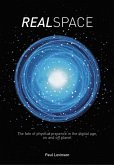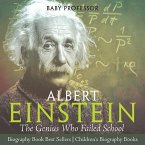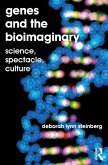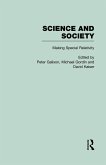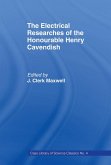The work delves into the quantum revolution, the dethronement of time as an absolute entity, and the implications of a multiverse of histories, questioning the very nature of historical "fact." It proposes a new model of historical inquiry, one that embraces uncertainty and the multiplicity of possible pasts, drawing on quantum concepts like superposition, entanglement, and non-locality to reinterpret the past.
This exploration extends to the realm of archaeology, proposing a "quantum archaeology" that seeks information encoded not just in physical artifacts but in the fabric of spacetime itself. It examines enigmatic artifacts, unexplained phenomena, and cryptic accounts that defy the limitations of their eras, suggesting a past more complex and enigmatic than previously imagined.
The work concludes by emphasizing the ethical implications of this new perspective on history and archaeology, calling for a responsible and compassionate approach to the exploration of the past and the shaping of the future.
Dieser Download kann aus rechtlichen Gründen nur mit Rechnungsadresse in A, B, CY, CZ, D, DK, EW, E, FIN, F, GR, H, IRL, I, LT, L, LR, M, NL, PL, P, R, S, SLO, SK ausgeliefert werden.




